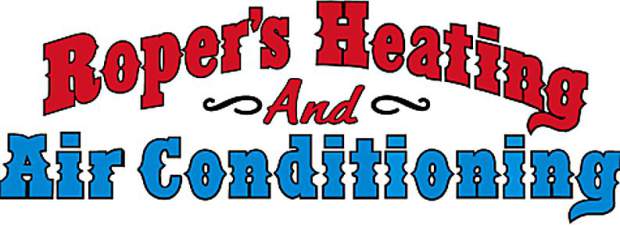Dubai, UAE – Taqeef, the originator of desert cooling systems in the UAE and the Middle East, supported ENOC’s Service Station of the Future at Expo2020 in its goal of achieving ‘Platinum’ certification with sustainable, state-of-the-art, energy-efficient cooling solutions.
The project is the first Leadership in Energy and Environmental Design (LEED) Platinum-certified service station in the world, with the design inspired by the ghaf tree. The Service Station of the Future was fitted with 13 indoor and outdoor units of the new generation O General Variable Refrigerant Flow (VRF) technology to cool 300 ft2of space.
Platinum is the highest possible rating under Leadership in Energy and Environmental Design (LEED) – the most widely used green building rating system globally, and a mark of excellence for highly efficient, cost-saving sustainable design and construction.
His Excellency Saif Humaid Al Falasi, Group CEO, ENOC Group said, “As the first service station in the world to obtain a LEED platinum certification, this is a prestigious recognition for us. Energy efficiency, sustainability and cost efficiency were some of the key factors taken into consideration whilst designing the Service Station of the Future, and Taqeef’s HVAC solutions played a vital role in helping the station to earn its certification.”
“Taqeef has been at the forefront of championing air-conditioning technologies that achieve increasing levels of energy conservation beyond the referenced standard to reduce environmental impacts associated with excessive energy use. We are proud to have played a significant role in supporting ENOC in fulfilling its vision of a sustainable and technologically advanced concept,” commented Tariq Al Ghussein, CEO, Taqeef.
“HVAC plays an integral role in earning the LEED certification as the two key scoring categories within the rating system are pertinent to HVAC. Through the innovation of our product partners at O General and that of our talented technical team, we were able to deliver a project that will go down history as the first of its kind, inspiring more project owners to make greener choices for their HVAC systems,” Al Ghussein added.
VRF systems are sustainable, cost-effective HVAC systems that offer many benefits, including energy savings, increased comfort, design and installation flexibility, lower maintenance costs, and quiet operation. Through these benefits, VRF technology offers the ability to obtain a significant number of points toward LEED certification.
With 50 years of HVAC leadership, Taqeef is setting the agenda for more conscious cooling – with cleaner, greener systems and designs in the residential and commercial sectors. Backed by award-winning knowledge and service expertise, and economies in installation and low equipment life cycle costs, Taqeef’s insight and added value is helping reduce the impact of cooling on the environment, one degree at a time.
By utilizing Taqeef’s O General VRF units, ENOC’s service station gained points in the following categories for LEED certification:
Category: Energy & Atmosphere (EA)
Prerequisite: Fundamental Commissioning of the Building Energy Systems
O General VRF consists of cutting-edge technology that can aid easy testing and commissioning of the equipment; and control and monitoring using advanced control solutions.
Prerequisite: Minimum Energy Performance
The high efficiency of O General VRF systems help meet this prerequisite.
Prerequisite: Fundamental Refrigerant Management
The VRF system does not use any chlorofluorocarbon (CFC)-based refrigerant.
Credit: Enhanced Refrigerant Management
The ozone depletion potential (ODP) of the refrigerant used in O General VRF system has an ODP of 0.
Credit: Optimize Energy Performance
Energy costs can be minimized with O General VRF systems because of lower power consumption.
Category: Indoor Environmental Quality (IEQ)
Credit: Controllability of Systems – Thermal Comfort
O General VRF systems can allow zoning with highly reliable controllers which can precisely control the temperature.
Credit: Thermal Comfort- Design
O General VRF systems can allow zoning that can contribute to enhanced thermal control for occupants.
